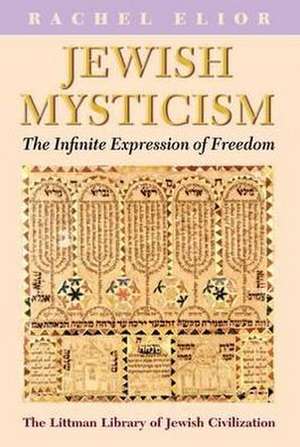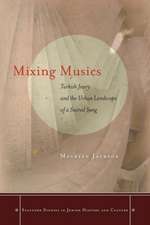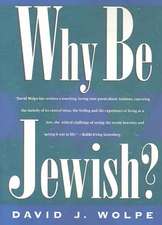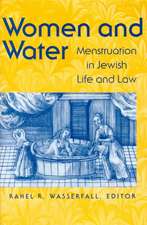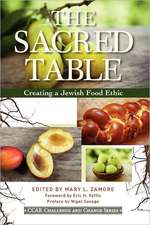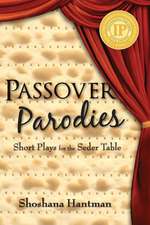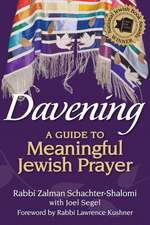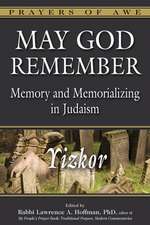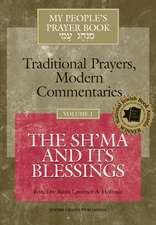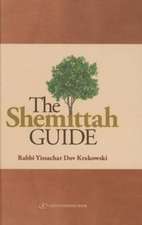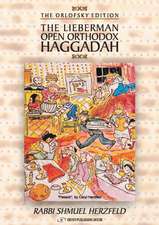Jewish Mysticism – The Infinite Expression of Freedom
Autor Rachel Elioren Limba Engleză Paperback – 2 dec 2009
Preț: 217.96 lei
Nou
41.71€ • 43.22$ • 34.81£
Carte tipărită la comandă
Livrare economică 22 martie-05 aprilie
Specificații
ISBN-10: 1906764042
Pagini: 207
Dimensiuni: 156 x 234 x 12 mm
Greutate: 0.36 kg
Ediția:Revised
Editura: LUP – Littman Library
Notă biografică
Rachel Elior is John and Golda Cohen Professor of Jewish Philosophy and Jewish Mystical Thought at the Hebrew University of Jerusalem. She has been a research fellow and visiting professor at University College London, the University of Amsterdam, Oberlin College, the University of Michigan at Ann Arbor, the Oxford Centre for Hebrew and Jewish Studies, Case Western University, Yeshiva University, Tokyo University, and Princeton University. She is the author of numerous works on Jewish mysticism and hasidism, two of which are also published by the Littman Library: The Three Temples: On the Emergence of Jewish Mysticism (2004), and The Mystical Origins of Hasidism (2006). The recipient of many honours, she was awarded the 2006 Gershom Scholem Prize for the Study of Kabbalah and Jewish Mysticism by the Israel Academy of Sciences and Humanities.
Recenzii
Cuprins
Note on Transliteration 1 The Jewish Mystical Library and the New Vision of Reality 2 The Infinity of Meaning Embedded in the Sacred Text 3 The Mystical Figure: Life without Limits 4Mystical Language and Magical Language: 'Had I been using tongues of men and angels' Appendix: Historical and Literary Figures, Kabbalists, and Mystics Mentioned in Jewish Mystical Literature Bibliography Index
Descriere
Mysticism, which transcends the boundaries of time and space and refers to a reality not grasped by means of ordinary human cognition, is one of the central sources of inspiration of religious thought. It is an attempt to decode the mystery of divine existence by penetrating to the depths of consciousness through language, memory, myth, and symbolism. Delving deep into the psyche,mystics strive to redeem perceived reality from its immediate meaning. Mystical texts constitute a history of this religious creativity, of mans attempt to reveal the divine structure underlying the chaos of reality and thereby endow life with hope and purpose. By offering an alternative perspective on the world that givesexpression to yearnings for freedom and change,mysticism engenders new modes of authority and leadership; as such it plays a decisive role in moulding religious and social history. For all these reasons, the mystical corpus deserves study and discussion in the framework of cultural criticis
